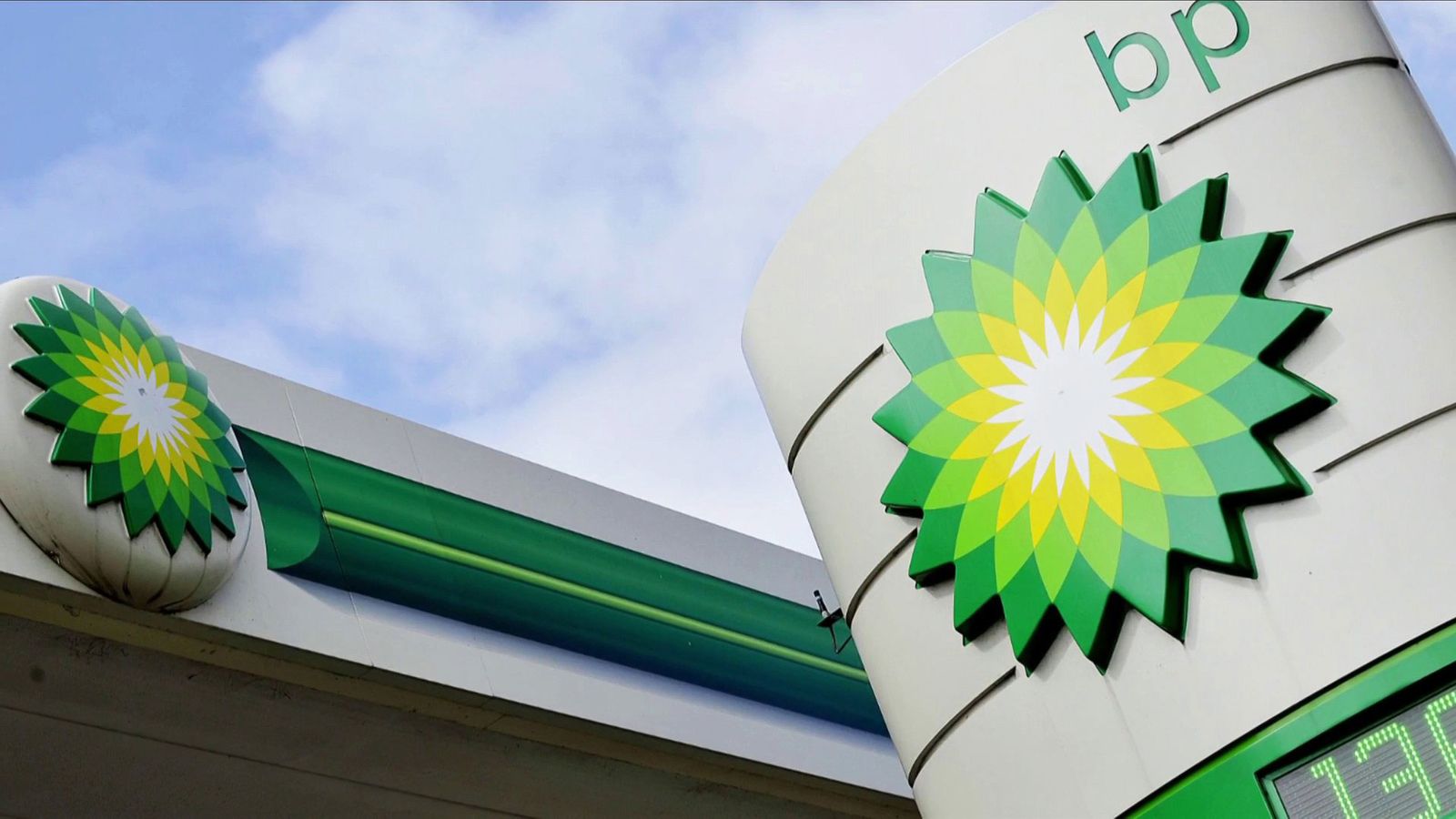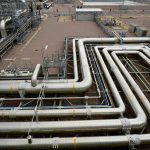BP has reported a loss of $20.4bn (£16.3bn) for the first quarter of the year as it booked a series of steep charges related to its exit from Russia amid the war in Ukraine but commit to an £18bn investment in the UK.
The company reported a net profit of $6.25bn for the January-March period – its highest in over a decade – thanks to strong oil and gas prices that had already proved lucrative ahead of Vladimir Putin’s invasion.
But its bottom line was hit by a $24bn writedown of its 19.75% stake in Russian oil giant Rosneft and two other joint ventures.
British-based BP said it was making a greater commitment to domestic energy security through a £18bn investment over the next eight years which would include money for North Sea oil and gas – operations that would generate £1bn in taxes for the UK Treasury this year alone.
But it said that investment would also include commitments to drive down operational emissions as part of its transition to battle climate change under its integrated energy company (IEC) net zero ambition.
Chief executive Bernard Looney said: “We’re backing Britain”.
He told investors: “In a quarter dominated by the tragic events in Ukraine and volatility in energy markets, BP’s focus has been on supplying the reliable energy our customers need.
Ukraine war: Germany ‘not against’ ban on Russian oil – as EU considers the move in latest sanctions
Workplace inequality: Men much more likely to be offered company shares than women, new study shows
Preferred Chelsea bidder offers Premier League reassurance over investors
“Our decision in February to exit our shareholding in Rosneft resulted in the material non-cash charges and headline loss we reported today.
“But it has not changed our strategy, our financial frame, or our expectations for shareholder distributions.
“Importantly BP continues to perform and step-by-step we are making progress executing our IEC strategy – producing resilient hydrocarbons to provide energy security while investing with discipline in the energy transition.”
BP is keen to promote its role in driving energy security as the industry continues to face political demands for a windfall tax on profits after natural gas costs hit record levels.
BP has also benefited from the highest oil prices for 14 years though values for both have fluctuated wildly since Russian tanks first rolled in to Ukraine at the end of February.






















